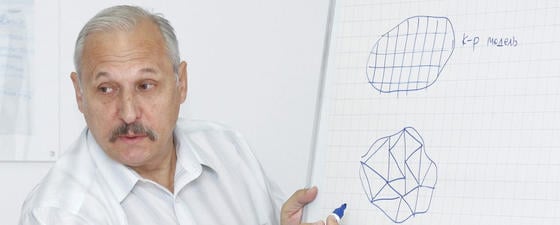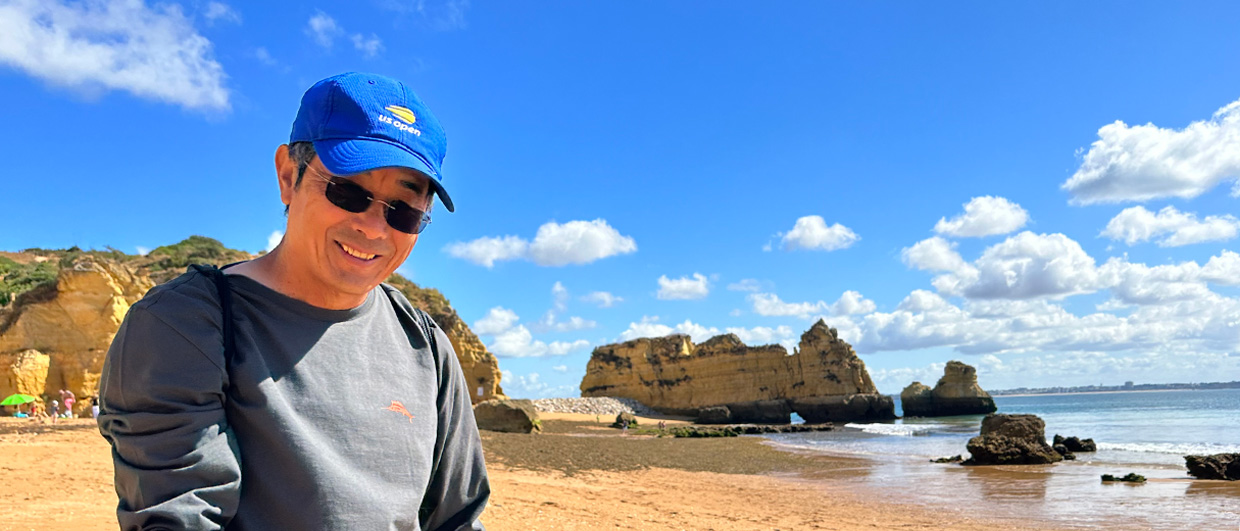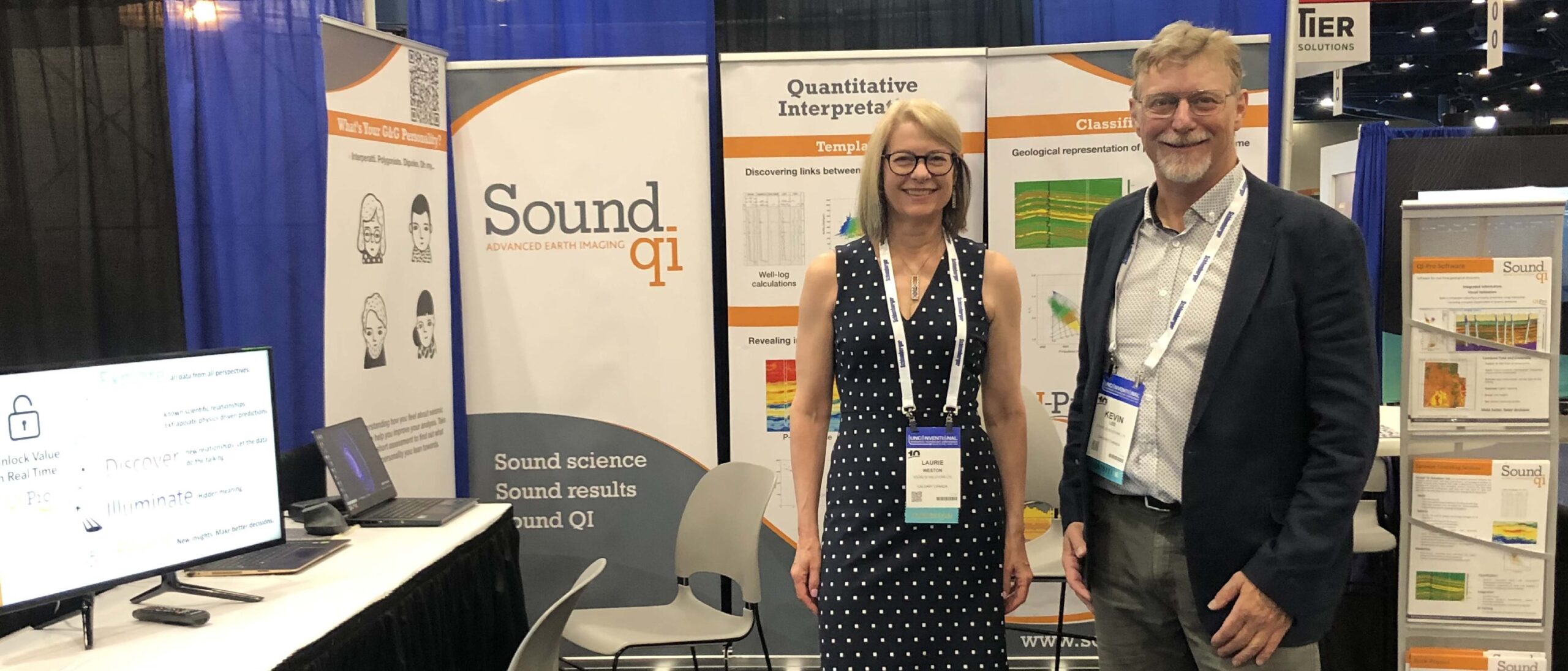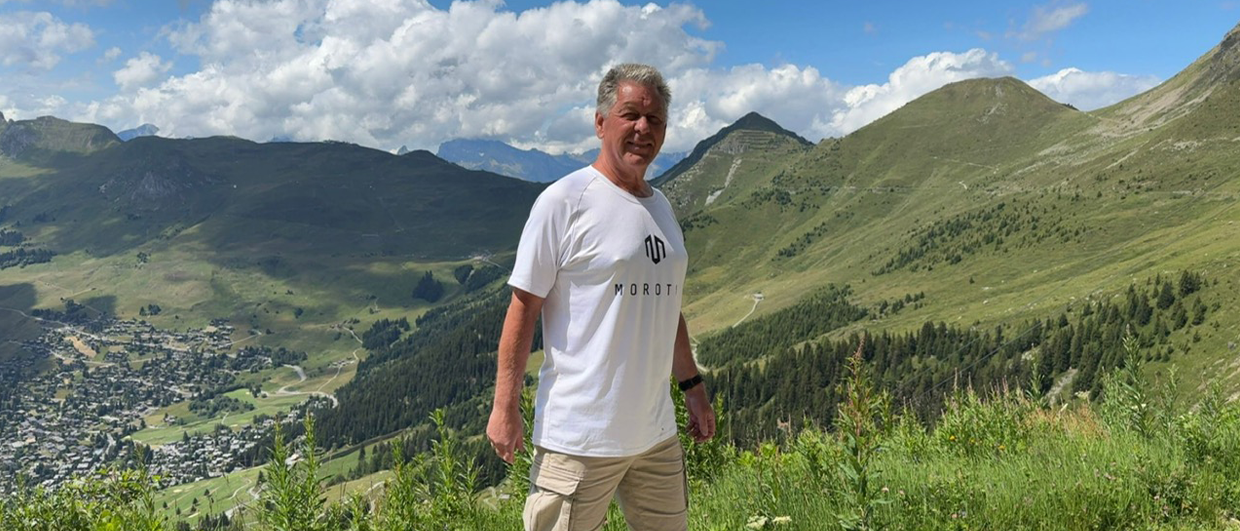Professor Anatoly Zolotukhin is the child of two petroleum engineers, so the oil industry is in his blood – but as a youngster, he had no intention of following in his parents’ footsteps. “Believe it or not, when I was young, I just wanted to be a musician! However, my parents soon persuaded me away from that, and I’ve had a great life in the oil industry, so I am grateful to them,” he says. “I followed the normal career path from school into university: I strongly believe that the education system in the Former Soviet Union was one of the best in the world, because it promoted education and encouraged good students to get on.”
Research and Industry
He started his long career at Gubkin University as a student in 1964 and five years later graduated as a petroleum engineer, followed, in 1972, with a PhD in fluids, gases and plasma. He then studied at the Moscow State University, where he obtained a Masters degree in Applied Mathematics, before moving back to Gubkin University, where he gained a Doctor of Science in Reservoir and Production Engineering. In 1978 he was selected as one of the best scientists in the Former Soviet Union (FSU) for an internship at Stanford University in the USA. “I was a visiting scholar at Stanford, where my work was very much theoretical,” Anatoly explains. “I enjoyed my research into reservoir engineering there and I also had the opportunity to lecture to and consult with some of the finest young minds in the country, many who later became famous, such as Michael Economides and Christina Ehrlig-Economides.
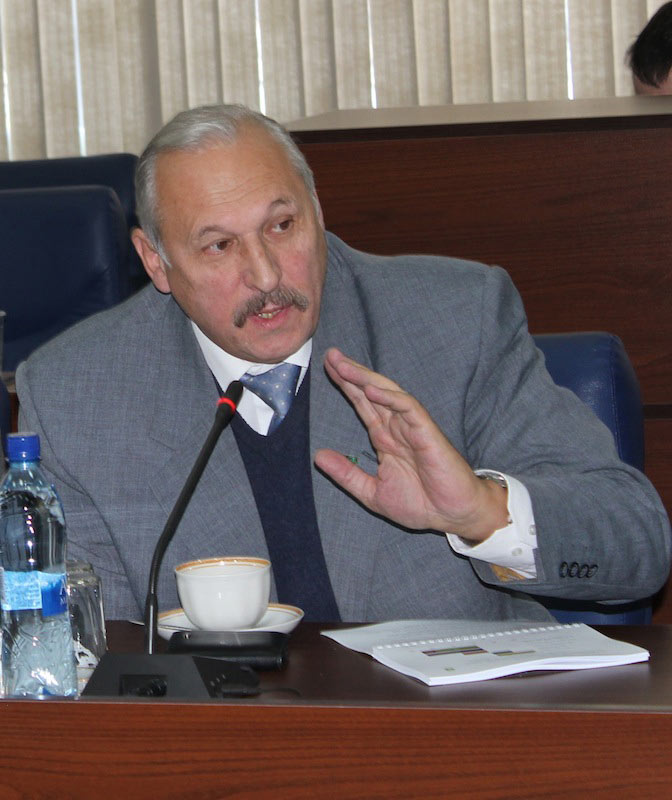 Professor Zolotukhin at the Institute of World Economy and International Relations in August 2012.Although most of Professor Zolotukhin’s career has been in research – he is proud to have been associated with Gubkin State University for nearly 50 years – he has also worked in the industry he serves, and has a long connection with Statoil. “In 1991 I was invited to teach at the University of Stavanger (at that time Rogaland High School) for one semester as a visiting scholar. This resulted in more than 22 years of relations with Norway, the first nine years as a full professor and since 1999 as a visiting professor at Stavanger University, a post I still hold.” The shift to a part-time professorship was due to joining Statoil on a full-time basis as a project manager, working on Russian projects (1999-2004), and, from 2004 until retirement from Statoil, in the capacity of Technical Director of the Statoil Moscow office. During all this time Anatoly continued his engineering research and participated in dozens of projects, including Shtokman and Vankor.
Professor Zolotukhin at the Institute of World Economy and International Relations in August 2012.Although most of Professor Zolotukhin’s career has been in research – he is proud to have been associated with Gubkin State University for nearly 50 years – he has also worked in the industry he serves, and has a long connection with Statoil. “In 1991 I was invited to teach at the University of Stavanger (at that time Rogaland High School) for one semester as a visiting scholar. This resulted in more than 22 years of relations with Norway, the first nine years as a full professor and since 1999 as a visiting professor at Stavanger University, a post I still hold.” The shift to a part-time professorship was due to joining Statoil on a full-time basis as a project manager, working on Russian projects (1999-2004), and, from 2004 until retirement from Statoil, in the capacity of Technical Director of the Statoil Moscow office. During all this time Anatoly continued his engineering research and participated in dozens of projects, including Shtokman and Vankor.
But education, and advancing and improving the teaching of petroleum geoscience and engineering, is Dr. Zolotukhin’s passion, together with disseminating innovative thinking and research beyond international boundaries, and that is the arena in which he has been expending considerable energy since he officially retired from Statoil in 2008, as he explains.
International Cooperation
“After I left Statoil, the Rector of Gubkin University, Albert Vladimirov, invited me to become Deputy Chancellor of International Affairs for the university, with the remit to make Gubkin State an international centre for petroleum studies, with qualifications which are recognised throughout the world. Working with other renowned institutes, such as the Institut Français du Pétrole (IFP), which was the first to join us, then University of Stavanger, Royal Technical University of Stockholm, Texas A&M, and Imperial College in London, we now have students graduating with excellent dual degrees. They are taught predominantly in English and usually spend a year in Moscow and a year in the participating university. This works very well for the students and for the institutions and is a good example of truly international cooperation.
“A broad petroleum education is very important, particularly if it encourages people from different backgrounds and nationalities to align their understanding and mentalities,” he continues. “You hear this a lot, but words can be different to actions. At Gubkin we strongly promote this idea, so our young graduates not only have a good grounding in the petroleum sciences and engineering, but also in health and safety matters and in environmental concerns.
“Gubkin is the Russian State University of Oil and Gas, so obviously all the courses offered are concerned with hydrocarbons, even if the student is studying law, economics or management,” Dr. Zolotukhin explains. “International cooperation is where the dual degrees offered by Gubkin come into their own. The students are exposed to people from many different countries, and that is an important aspect of the joined international Master programmes.
“In addition to cooperating with distinguished academic institutes from around the world, we work with many international companies, and all the students are obliged to undertake internships with them. I think this is very important, especially for Russian students, as they get to see a range of modern data, which is not usually easy for them – since the end of the FSU ownership of data which previously belonged to the state has become an issue. It also gives the Russian students the chance to find employment with foreign companies; Schlumberger, for example, has taken on about 1,000 petroleum specialists from Gubkin in recent years. Experts from both IOCs and service companies also teach courses at the university.”
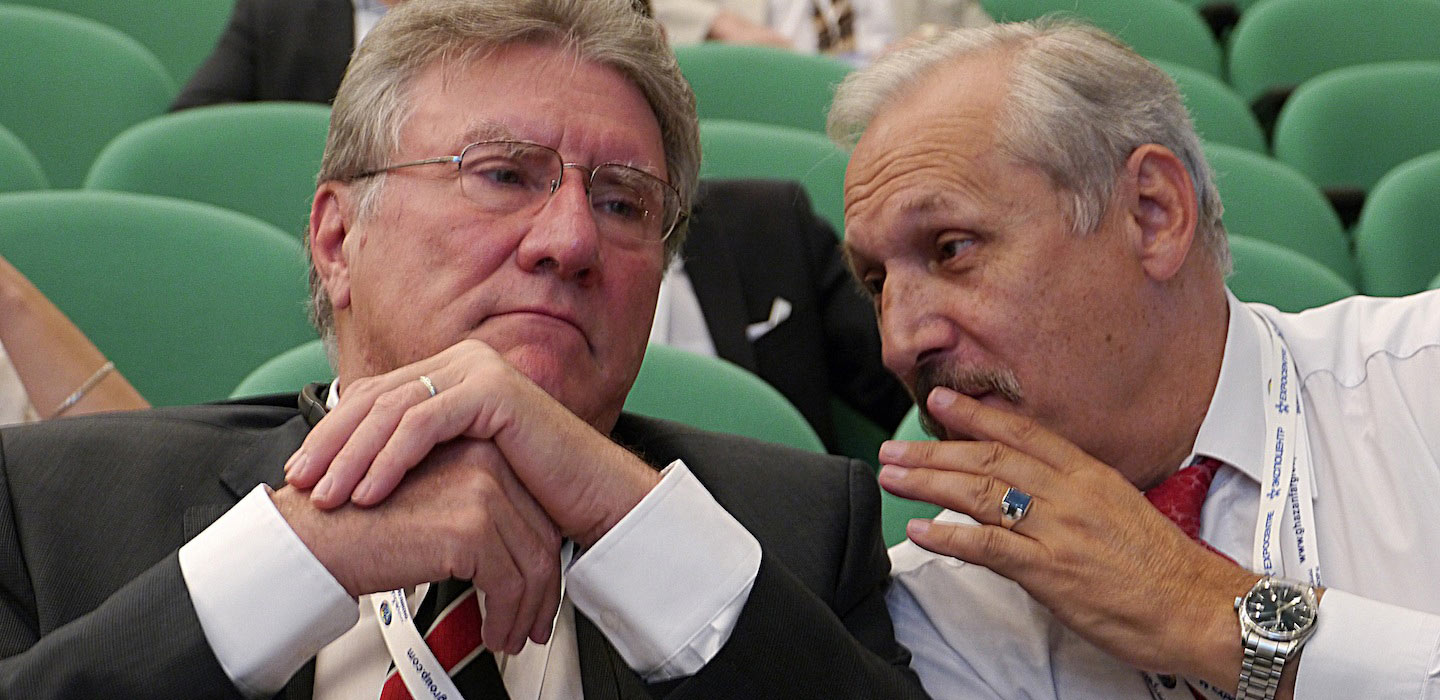 In June 2011, chatting with World Petroleum Council President Randy Gossen.
In June 2011, chatting with World Petroleum Council President Randy Gossen.
Rational Use of Resources
While teaching the next generation of oil industry specialists the skills they will need to find and extract hydrocarbons, Dr. Zolotukhin is very keen that they are also taught to take care of our resources. As he says: “We are all members of the international community, so a rational use of resources must be part of everyone’s way of life.
“The net energy balance means that we must not produce one type of resource at the expense of another, and we should also develop technology aimed towards the idea of rational use of resources. Environmental, political and social issues are all involved in making the right decisions. For example, it is important to work closely with the indigenous communities in an area, because they consume what nature provides, and therefore know how to care for it and how much can be taken out of an ecosystem without damaging it.”
Dr. Zolotukhin believes that these issues must influence exploration of both conventional and unconventional hydrocarbon resources, with more research needed into extracting shale gas with less water and minimal pollution, and into the possibility of safely exploiting the huge potential of gas hydrates in Russia and worldwide.
“To be successful, Russia needs investment into its many different hydrocarbon resources,” he adds. “The industry was almost destroyed by perestroika. State-owned enterprises were abolished, regional links disbanded and oil recovery figures dropped dramatically – but we now produce more than the FSU delivered. The remaining potential for hydrocarbons in this country is huge; not only do we have over 2,500 Bboe of identified conventional reserves, but we have about 15 Tboe in oil shales. In terms of natural resources Russia is blessed by God and is the richest country in the world. However, a rational use of this enormous potential is the strategic task of our country.”
Dr. Zolotukhin is a great believer in the potential of the Arctic, and is the Director of the Institute of Arctic Petroleum Technologies at Gubkin University, which he has led since its foundation in 2008. “We need to invest in the Arctic, but I think this must be done by international companies, and above all it must be transparent and safe from national interests. It is fascinating for companies to move into new areas like the Arctic, as they can develop their own specialised systems and transportation mechanisms to solve a variety of new issues.
“We know that the Arctic holds huge resources. The vast Shtokman gas field, for example, in the Arctic’s South Barents Sea, has reserves estimated to be in the region of 130 Tcfg. This could be powering much of Europe but despite many discussions the exploitation of the field is still on hold; we lack the political will to make a decision. The problem here and throughout the industry in many cases is lack of diplomacy and transparency, which is where my role as Rector on International Affairs comes in.”
Enjoying Many Roles
Professor Zolotukhin has had a very illustrious academic career and has been honoured with degrees and many awards over the years. As well as his Gubkin University roles, he is a Member of the Russian Academy of Natural Sciences and of the Academic Council of the European Energy Forum, in Berlin, Germany, Vice-President of the World Petroleum Council (WPC) from 2008 to 2011 and a member of its Executive Council since then. Author and co-author of 15 books and more than 100 articles, in 2002 he was awarded (together with co-editors) the Gubkin Prize (the highest award in the Russian Petroleum Industry) for the book Basics of Offshore Petroleum Engineering and Development of Marine Facilities in the Arctic, and in 2006 he was awarded the Vernadsky medal of the Russian Academy of Natural Sciences for achievements in Science and Research.
A fascinating speaker, he is frequently in demand to make presentations and keynote speeches at a huge variety of conferences, meetings and seminars throughout the world. He is very knowledgeable about the hydrocarbon industry, and happy to share his knowledge and thoughts, and is particularly keen that the global oil industry realises that it is just that – global. “Look at the world map and the way consumers and producers work together,” he says. “They should be much closer, and international society needs to be convinced of this and cooperate to find the best supplier.”
With all the travelling associated with his role as Deputy Chancellor on International Affairs, Dr. Zolotukhin finds himself with little time to follow up his research interests, which vary from the practical, such as reservoir and production engineering and field development planning and EOR/ IOR, to the more theoretical and esoteric realms of uncertainty, risk and decision-making and fuzzy logic. Instead, he enjoys mentoring young talented students who are doing research projects under his guidance, as well as teaching and evaluating various courses.
“I enjoy all these roles,” he says. “Teaching, evaluating courses, research and supervising students – all are fascinating. As a mathematician, I am particularly interested in new approaches, such as ways of increasing recovery through new EOR and IOR methods.
“And I love being an international Professor, as I love travelling – although I do tend to live much on my life on planes. Luckily, I find them peaceful, giving me a chance to catch up on work. And I love meeting people from many different countries, who I don’t think of as ‘foreign’ or ‘alien’, but just potential friends. It is important to have an open attitude and accept as normal cultural customs and lives very different from your own.
“It is important that the students I teach understand these ideas and the importance of diplomacy in the oil industry. We must not live at our neighbour’s expense, but instead our neighbour must be pleased to have us there,” Dr. Zolotukhin concludes.

